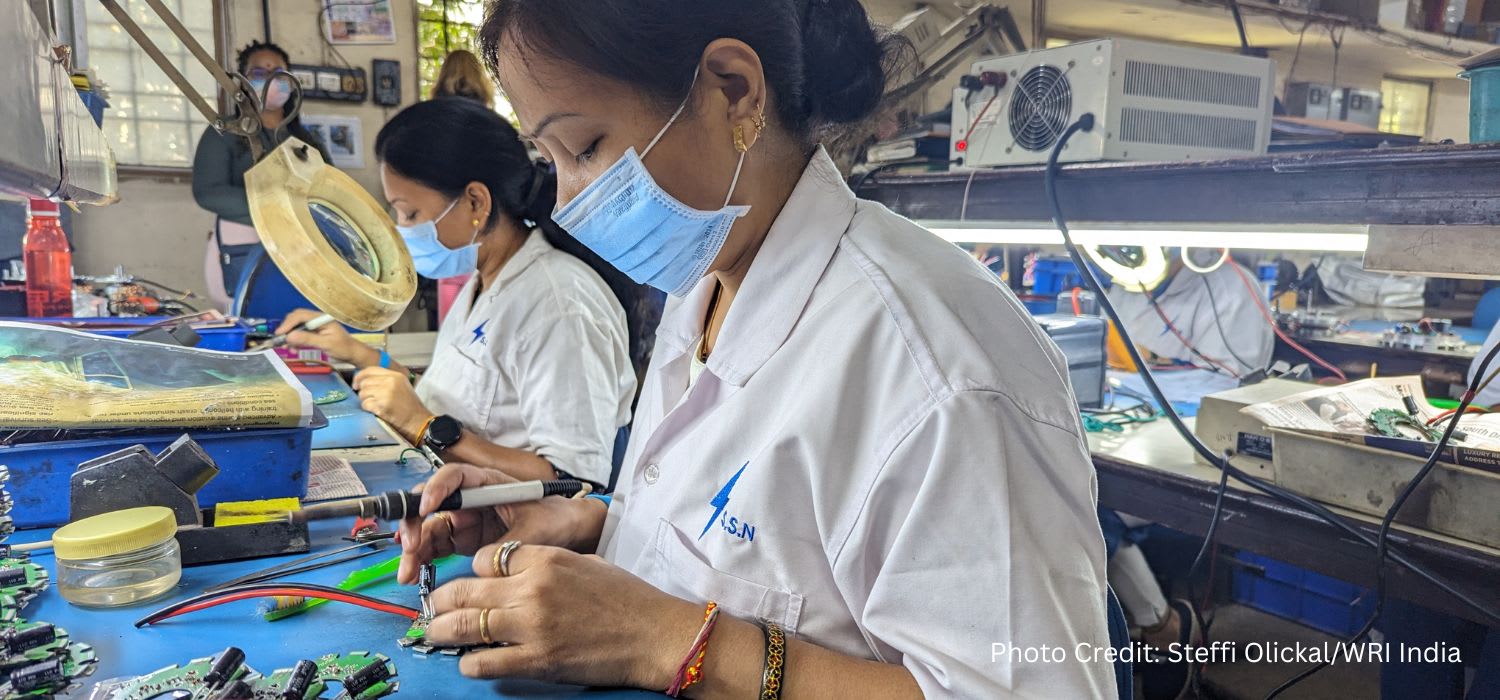
A new study from World Resources Institute (WRI) reveals that a major blind spot in corporate sustainability strategies is putting both workers and supply chains at risk. The study, which analyzed more than 1,000 goals from nearly 700 of the world’s largest companies, found that while many have set climate and nature targets for their supply chains, just 12% have at least one goal focused on people, and only 3% have committed to improving working conditions or investing in worker skills.
- Access the new study here: Elephant in the Boardroom: People Are Missing in Corporate Supply Chain Goals
“If you are building a supply chain for the future, you can’t just cut emissions — you have to factor in the billions of people doing the work,” said Eliot Metzger, WRI’s Director of Sustainable Business and Innovation. “Right now, most large companies are overlooking the needs of the people essential to transforming their supply chains. This not only undermines companies’ sustainability targets but also the stability of their supply chains and their reputation.”
People-centered supply chain goals could focus on anything from improving workplace safety with training and proper equipment to offering upskilling programs that open career paths and ensuring fair pay and predictable schedules. These actions can directly improve worker well-being while strengthening the resilience of the supply chain.
The study also found that approximately 90% of supply chain goals from large companies force smaller suppliers to comply with sustainability objectives without considering how these suppliers can pursue sustainability efforts while still producing high-quality products at the lowest possible cost. Rather than treating sustainability as a one-sided mandate, a partnership approach would help emphasize mutual value. This would involve larger companies engaging with suppliers to understand concrete challenges — such as financing equipment upgrades or training and retaining skilled workers — and then designing goals that provide the necessary support for suppliers to transition toward more sustainable operations.
WRI's study makes clear that whether large companies consider impacts on the workforce can make or break their sustainability objectives. For many companies, 80-90% of environmental impacts are linked to suppliers’ extraction and production processes. Unless large companies recognize and address what those suppliers and their workers need, they will struggle to make the changes necessary for cleaner, more resilient supply chains.
World Resources Institute works to improve people’s lives, protect and restore nature and stabilize the climate. As an independent research organization, we leverage our data, expertise and global reach to influence policy and catalyze change across systems like food, land and water; energy; and cities. Our 2,000+ staff work on the ground in more than a dozen focus countries and with partners in over 50 nations.

